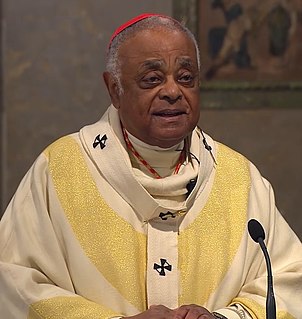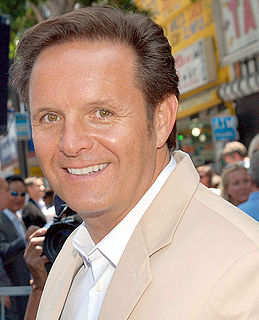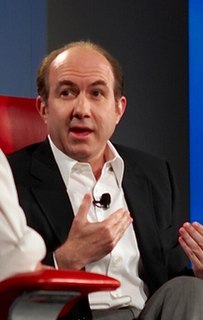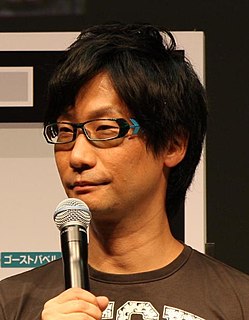A Quote by Gabrielle Carteris
In a perfect world, the entertainment and media industry and the content on our screens would reflect the true American scene.
Related Quotes
If those who voice opposition to Pope Francis and the direction in which he is leading the church come from other nations but their statements are published on American media platforms, it may appear that they originate in this country or reflect our sentiments. We have our own dissident voices to be sure, but too frequently every challenging voice that criticizes the Holy Father and is broadcast on American media is identified as American in origin.
The foreign audiences are somewhat surprised and happy to find an American film that asks questions about American culture. There's a certain kind of cultural imperialism that we practice. Our films penetrate every market in the world. I have seen and have had people reflect to me, maybe not in so many words or specifically, but I get the subtext of it - they're somewhat charmed and surprised and happy to see an American film reflect on our culture. Because they see other cultures reflect on our culture but they don't see US culture reflecting on itself in quite the same way.
The media industry grows more complex every day as technology fuels changes in how audiences consume entertainment. World Screen magazine is an essential resource, consistently providing keen insight into the players and latest developments in both established and emerging media markets around the globe.
I would say my being disheartened has more to do with American culture than anything else. We are becoming a very shallow culture. My goodness, the celebrity ethos has taken over completely. Turn on the television and you see that over and over. There's very little substance. And so, everything gets shorter. Everything is entertainment oriented. Our churches reflect that. A thirty-five minute sermon without a Power Point or video clips is rare these days. That's not true in other countries so much.


































